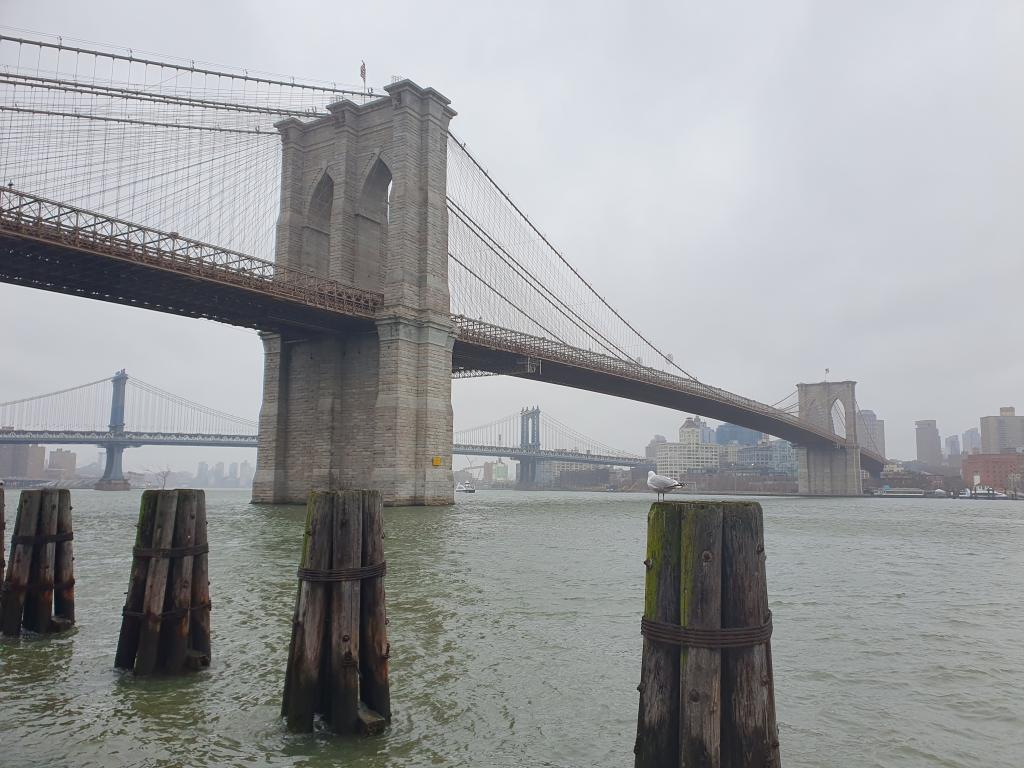Policy Summary of The Geography of Future Water Challenges - Bending the Trend
Water is a critical resource, but our freshwater resources and water systems are under heavy pressure and hundreds of millions of people are at risk of having too little, too polluted, or too much water. The pressures on water systems and the risks for people are projected to intensify under future population growth, unsustainable economic and land-use development, and climate change. The water- and climate-related problems can be tackled with radically different policies worldwide and structural attention within the United Nations, according to one of the conclusions in the PBL Policy Summary of Future Water Challenges — Bending the Trend.

Water is essential to all life on earth and related to many human activities. The recent ‘extremely extreme’ events of flooding, drought, wildfires, hurricanes, heatwaves, ocean acidification and warming, and polar and glacial ice melts were beyond expectation and heavily affected societies and economies across the globe, illustrating the urgent need for robust solutions to water- and climate-related risks.
High ambition
The study The Geography of Future Water Challenges - Bending the Trend explores solutions to reduce water- and climate-related risks across River Basins, Deltas and Coasts, Drylands and Cities. The results as summarised in the Policy Summary show that much can be achieved under a 'High ambition pathway'. This pathway is characterised by a long-term water system-based approach and geared towards sustainable development (the Sustainable Development Goals). There are, however, large regional differences and, even under a High ambition pathway, structural challenges remain, especially for Sub-Saharan Africa, South Asia, and Southeast Asia. An important bottleneck for adequate efforts to reduce the water- and climate-related risks in the low-income countries is the lack of adequate financial support.
Long-term water- and mission-based policies required, on all levels, from local to global
A High ambition pathway to tackle water- and climate-related challenges calls for a long-term mission-driven approach, integration of water and climate adaptation agendas, coherent policies across sectors, and adequate financing and other supporting instruments. However, water is still structurally undervalued in economic and policy decision-making processes. A structural UN process that will stress the importance and value of water and strengthen the global governance and financing systems will be critical in accelerating the required transition, on all levels, from global to local. This conclusion is in line with that by the Global Commission on the Economics of Water at the UN 2023 Water Conference and the World Resources Institute evaluating the voluntary commitments of the UN 2023 Water Conference.
Promising steps?
The UN 2023 Water Conference, which was held on 24–27 March in New York, received worldwide attention, raised 800+ voluntary commitments, and may result in the appointment of a UN Water Envoy and follow-up UN conferences. The findings of our study and those by other organisations, however, call for more fundamental steps towards a structural global water governance. Further opportunities in this regard may already present themselves at the next UN Climate Change Conference (COP28), to be held from 30 November to 12 December 2023 in Dubai.
Authors
Specifications
- Publication title
- The Geography of Future Water Challenges – Bending the Trend
- Publication subtitle
- Policy Summary in the context of the UN 2023 Water Conference
- Publication date
- 25 October 2023
- Publication type
- Report
- Page count
- 36
- Publication language
- English
- Product number
- 5251




